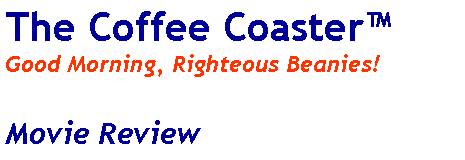

|
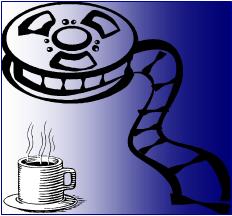 |
Charlie Bartlett ______ 7/10
|
||||||||||||||||||||||||||||||||||||||||||||||||||||||||||||||||||||
| Dose and Price of Antidepressants | |||
|---|---|---|---|
| Brand Name | Dose | Price for 1-Month Supply | |
| Generic | Brand | ||
| Wellbutrin® | 75 mg three times a day 150 mg three times a day |
$65 $175 |
$160 $210 |
| Wellbutrin SR® | 150 mg once a day 150 mg twice a day 200 mg twice a day |
$60 $115 $230 |
$85 $175 $320 |
| Wellbutrin XL® | 150 mg once a day 300 mg once a day 450 mg once a day |
Not available as generic |
$125 $165 $290 |
| Celexa® | 10 mg once a day 20 mg once a day 40 mg once a day 60 mg once a day |
$75 $75 $80 $155 |
$90 $95 $100 $195 |
| Cymbalta® | 20 mg twice a day 30 mg twice a day 60 mg twice a day |
Not available as generic |
$215 $240 $240 |
| Lexapro® | 10 mg once a day 20 mg once a day |
Not available as generic |
$80 $85 |
| Prozac® | 10 mg once a day 20 mg once a day 40 mg once a day 40 mg twice a day |
$80 $80 $160 $320 |
$145 $150 $295 $595 |
| Prozac Weekly® | 90 mg once wkly | Not available as generic |
$110 |
| Remeron® | 15 mg once a day 30 mg once a day 45 mg once a day |
$80 $85 $85 |
$105 $110 $110 |
| Paxil® | 10 mg once a day 20 mg once a day 40 mg once a day 60 mg once a day |
$80 $80 $85 $165 |
$95 $100 $110 $210 |
| Zoloft® | 50 mg once a day 100 mg once a day 200 mg once a day |
$85 $85 $170 |
$90 $90 $180 |
| Desyrel® | 50 mg once a day 100 mg three times a day 150 mg three times a day |
$15 $65 $130 |
$70 $355 $305 |
| Effexor® | 37.5 mg twice a day 50 mg twice a day 75 mg three times a day |
Not available as generic |
$135 $140 $220 |
| Effexor XR® | 75 mg once a day 150 mg once a day 225 mg once a day |
Not available as generic |
$110 $120 $230 |
Imagine all the money made by the pharmaceutical companies from these medications. I think I recall Bill Maher stating once that something like 16 million school children are taking some form of psychotropic drug. (!) I don't know the actual number, but "back when I was a kid" use of prescription drugs for children with mental problems or attention deficit disorder (ADD) was unheard of. This alarming statistic, if even remote to being true, is certainly food for thought (and another column).
But back to the movie, one can see how the free enterprise system makes for a number of business opportunities in the drug business, whether prescription or outlawed—especially if the price of such drugs is artificially high through government prohibition or special corporate privilege. At Charlie's new school, his new clandestine company soon reaches the limits of growth. Yet in the process he comes to discover some things about himself that make for a cathartic resolution.
For one thing, Charlie wins the affection of Susan Gardner (Kat Dennings), whose father happens to be the principal of the school: Nathan Gardner (Robert Downey Jr.). For another, these other kids whom he's serving come to him for help with their more fundamental problems. He sees that some of them are really deeply in pain and in need of real help, and that drugs and the sort of attention these kids receive from counselors or their parents are wholly inadequate. (The writer stops short of suggesting that the coercive power of the state, when applied to schooling, might be the culprit.)
I'll leave you with that. Entertaining. Downey Jr. plays a powerful role, but these younger actors are just fine, too. A lot of food for thought in the movie and I'd recommend it to be shown to government school victims—er, students—real time.
###
[1] I have to cling to the exact formulation that describes the service being rendered, and when the government doesn't actually run the schools, I'll revert for the most part to calling them "public."
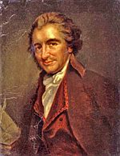
Law Enforcement Against Prohibition
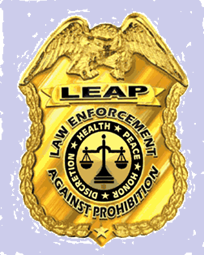
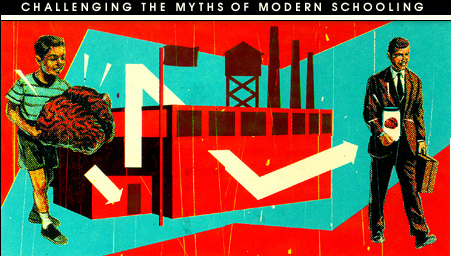
 Click banner to order, click here for book review
Click banner to order, click here for book review
 Click banner to order, click here for book review
Click banner to order, click here for book review
 |
 |
|||
| |